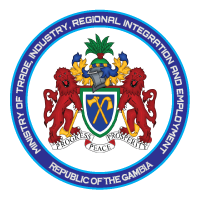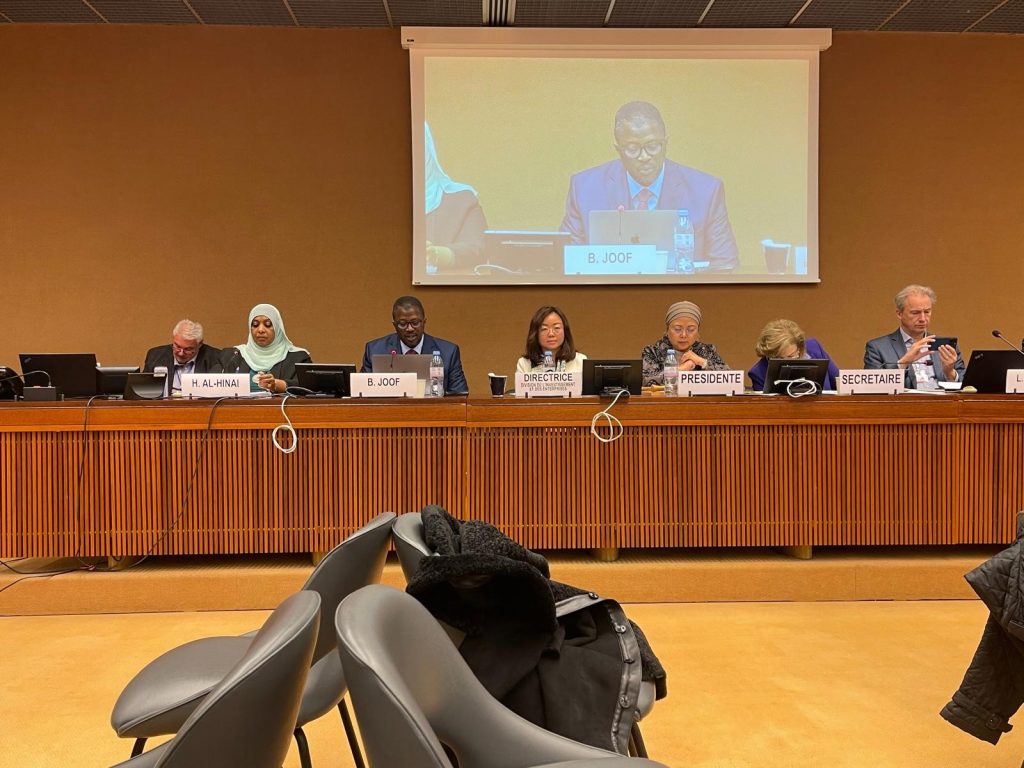In The Gambia, we believe that the private sector is a key player and agent in economic development and the government is committed to building strong public-private partnerships to overcome the economic and technological challenges of our time, says Hon. Baboucarr Ousmaila Joof, the Minister of Trade, Industry, Regional Integration and Employment at the 11th session of the multi-year expert meeting on investment, innovation and entrepreneurship for productive capacity building and sustainable development in Geneva, Switzerland.
According to him, both Government and private businesses will have to embrace the fast pace of technological developments, while re-organize and adapting their systems policies and priorities at the same time.
Addressing the meeting, he affirmed that adaptation to key emerging trends is necessary to keep up with the fast pace of technological advancement, as existing industries give birth to new sectors and ways of doing business. As the power, capacity and functionality of technologies increase, he said, domestic infrastructure and manufacturing systems are changing drastically, from driverless cars, to prefabricated construction models, business development services have to keep pace with these developments. “It cannot be business as usual,”, he noted.
As nations continue to wrestle with the complex questions posed by the fast paced technological changes, he said that the decisions they make have a fundamental bearing on their competitiveness noting that from the emphasis from human to machine intelligence, innovators and emerging businesses are keen to experiment with the possibilities created by Artificial Intelligence.
Therefore, he went on, the Government of The Gambia is undertaking the necessary reforms to support the private sector’s adaptation to these new realities. “This is evidenced in our new Green Recovery Focus National Development Plan (2023-2027) which recognises the pivotal roles of the private sector as the engine of growth and development,” he said noting that some of the reforms initiatives includes digitalisation of business registration, review of the investment policy environment, business environment reform using the World Bank B-Ready methodology, digitalization of the Customs processes and procedures, tax reforms, and other policy and regulatory reforms to enhance the competitiveness of the business environment.
He told the meeting that the benefits of these reforms have started kicking in, as they have seen increases in investment in the economy recently as confirmed by UNCTAD review report of 2023.

